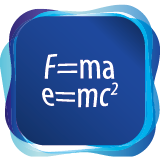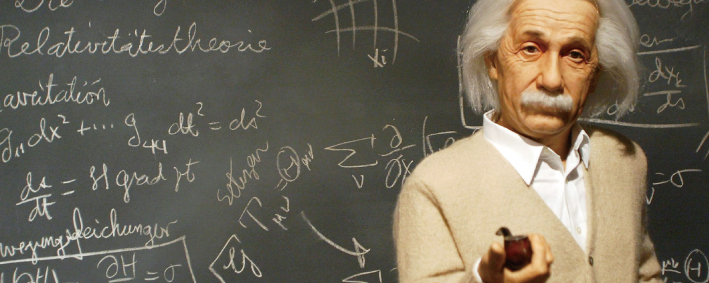 |
CCST9026 Science, Technology and Big Data
|
Course Description
This course will review some of the most important scientific revolutions that have taken place in the history of science and that have led us to where we are today. These include major paradigm shifts in the Physical, Astronomical, Atomic, Relativistic and Quantum domains. They will be placed in their historical contexts and include the struggle of individual scientists to reveal scientific truth, often against established societal dogma and the prevailing views on nature. These scientific revolutions had a deep social impact by changing the way the world is seen and understood and by laying the foundations for the emergence of game-changing new technologies that continue to profoundly shape our lives and social order.
The course will promote deep thinking and open discussion on the social contexts and socio-cultural impacts of the major scientific revolutions. Scientific knowledge and its application by scientists influence, even unconsciously, the way individuals in society think about themselves and interact with others and the world around them. The way of life for billions of people is deeply affected by the technologies and truths that have emerged.
The course will address the following fundamental issues: what is science and how does it work; what is the nature of scientific research; how does science develop and how do paradigms change; how do scientific controversies begin and end so that rival professional commitments become shared scientific endeavour; and what are the social, cultural and technological impacts and consequences of scientific revolutions?

Course Learning Outcomes
On completing the course, students will be able to:
- Describe and explain the most important scientific revolutions that took place in science, their causes, and their historical context.
- Use the relevant information about the scientific revolutions to critically examine their social impact.
- Apply the knowledge obtained from the course to assess the impact on society of the major scientific discoveries of the future.
- Examine the role of science in modern human history.
- Analyze the impact of science in larger socio-cultural context.
Offer Semester and Day of Teaching
First semester (Wed)
Study Load
| Activities | Number of hours |
| Lectures | 22 |
| Tutorials | 11 |
| Seminars | 2 |
| Reading / Self-study | 40 |
| Assessment: Presentation (incl preparation) | 30 |
| Assessment: In-class test (incl preparation) | 28 |
| Total: | 133 |
Assessment: 100% coursework
| Assessment Tasks | Weighting |
| In-class test | 40 |
| Individual mini project | 20 |
| Group presentation | 20 |
| Response essays | 20 |
Required Reading
- Kuhn, T. S. (1996). The structure of scientific revolutions (3rd ed.). Chicago, IL: University of Chicago Press.
- Popper, K. R. (2002). The logic of scientific discovery. London: Routledge Classics.
Course Co-ordinator and Teacher(s)
| Course Co-ordinator | Contact |
| Professor Q.A. Parker Faculty of Science |
Tel: 2241 5932 Email: quentinp@hku.hk |
| Teacher(s) | Contact |
| Professor Q.A. Parker Faculty of Science |
Tel: 2241 5932 Email: quentinp@hku.hk |

